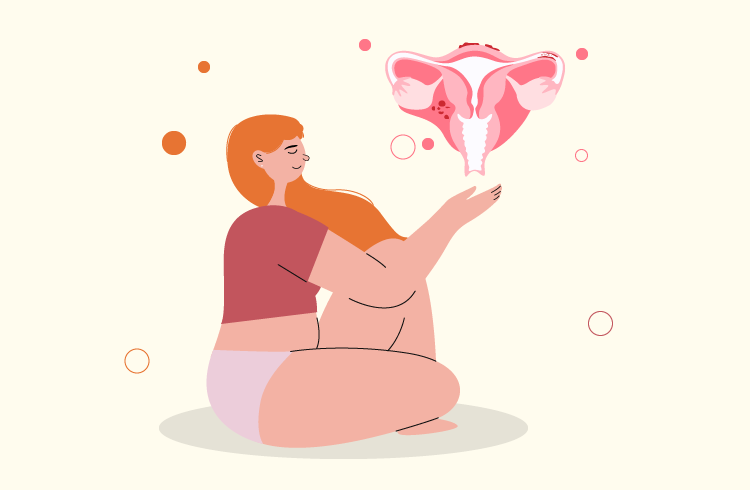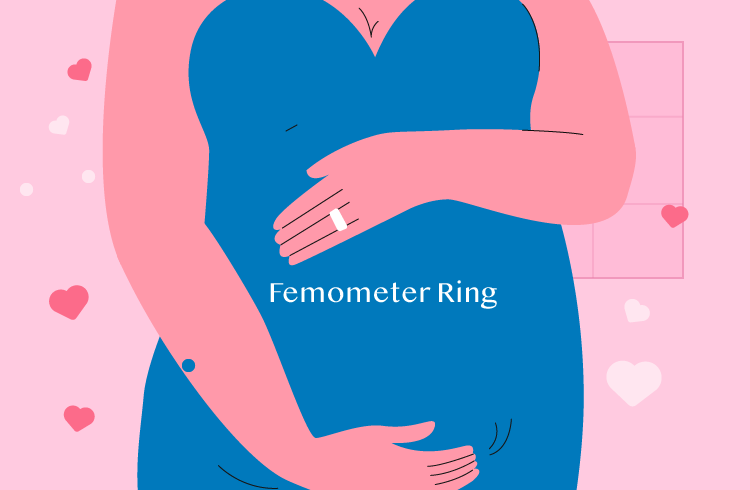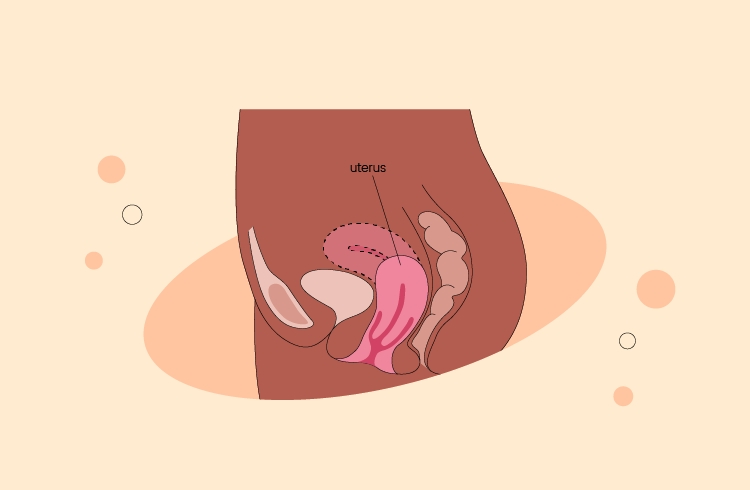Why does female fertility decline after 35?
It's now much more common for people to wait until their late 30s or even 40s to start a family(pregnancy after 30). But unfortunately, fertility declines significantly after the age of 35.
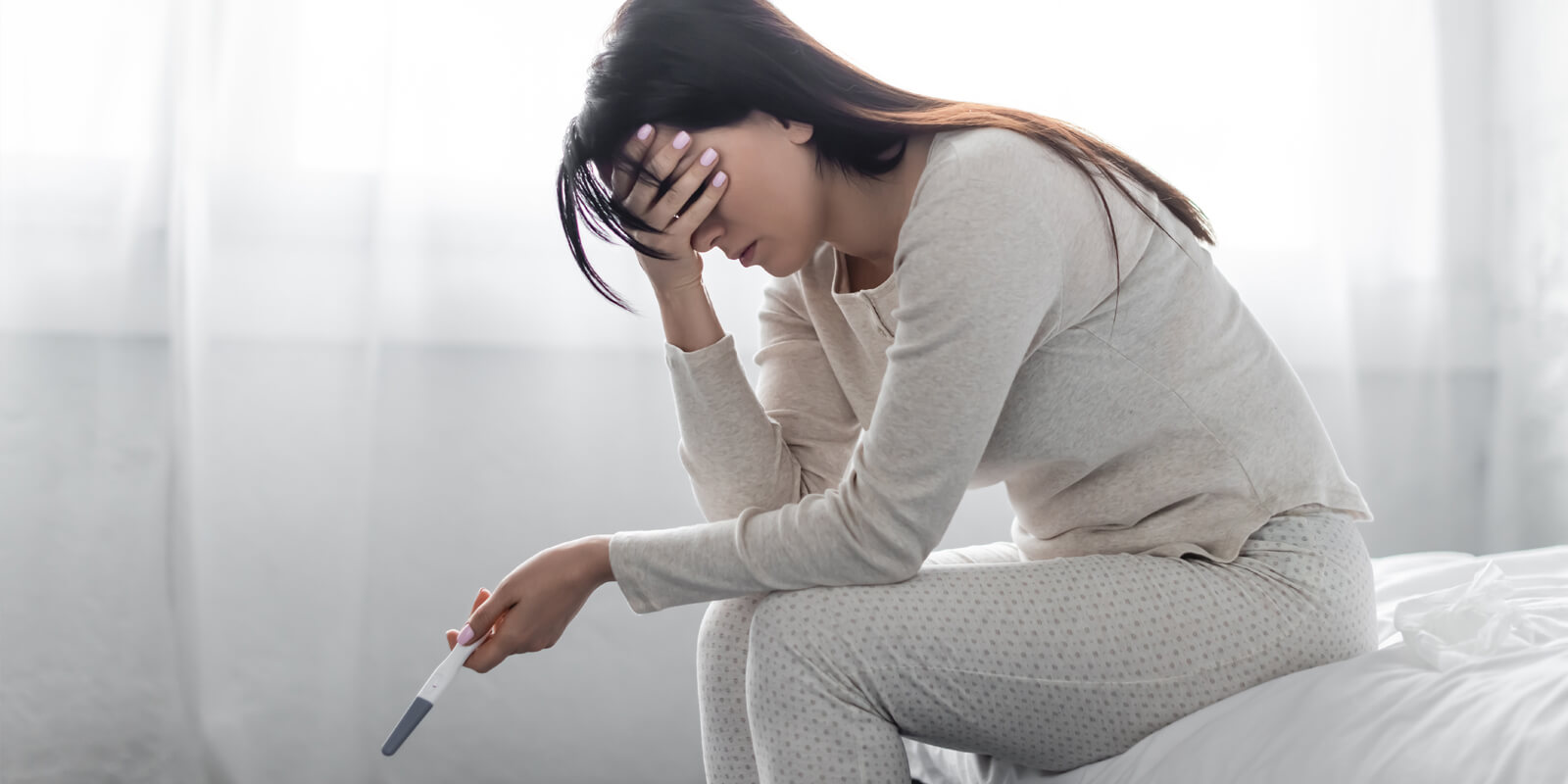
- Women in their 20s: Monthly probability of conception is around 20-25%.
- Women in their early 30s: Monthly probability of conception is around 15-20%.
- Women in their mid to late 30s: Monthly probability of conception is around 10-15%.
- Women in their 40s: Monthly probability of conception is around 5% or lower.
1. Decreased Egg Count
As women age, the number of eggs in their ovaries decreases, and the quality of the remaining eggs diminishes. This decline is attributed to a natural biological process called ovarian ageing. Women are born with a finite number of eggs, and as they approach their late 30s, the reserve of eggs becomes depleted, leading to a decrease in fertility.
2. Increased Risk of Birth Defects
There is also an increased risk of chromosomal abnormalities in pregnancies of people over the age of 35. As women age, the chances of errors occurring during the process of cell division in the eggs increase. These errors can result in genetic abnormalities, making it more difficult for a woman to conceive or carry a pregnancy to full term.
3. Lower Egg Quality
As women get older, their ovarian reserve (the number and quality of eggs in their ovaries) declines. After the age of 35, this decline happens more quickly. It becomes increasingly challenging for women to conceive and have successful pregnancies as the likelihood of successful fertilization and implantation decreases. Understanding the impact of declining ovarian reserve is crucial for comprehending the difficulties faced by women trying to get pregnant as they age.
4. Increased Risk of Pregnancy Complications
Women over the age of 35 are more likely to experience various pregnancy complications, such as gestational diabetes, high blood pressure, and preterm birth. The physiological changes that accompany aging, combined with the increased prevalence of underlying health conditions, contribute to these risks. It is important for women in this age group to receive proper prenatal care and medical supervision to minimize these potential complications.
5. Unhealthy Lifestyle
While age plays a significant role in fertility decline, lifestyle and environmental factors also contribute to the decrease in reproductive potential. Factors such as smoking, excessive alcohol consumption, obesity, and exposure to certain chemicals and toxins can further compromise fertility.
How can I increase fertility after Age 35?
Here are some ways you can improve your chances of conceiving after the age of 35.
1. Embrace a Healthy Diet:
Eating a nutritious and balanced diet is crucial when trying to conceive after 35. Focus on consuming a variety of fruits, vegetables, whole grains, lean proteins, and healthy fats. A diet rich in essential nutrients, such as folate, iron, and omega-3 fatty acids, can support reproductive health and optimize fertility.
2. Understand Your Cycle:
![]()
Having a clear understanding of your ovulation cycle is invaluable when trying to conceive. Track your menstrual cycle to identify your fertile window, which is the timeframe when conception is most likely to occur. Tracking BBT with our Bluetooth BBT thermometer Vinca 2.0, and LH levels with Ivy103 will give you the best insights into your fertile days and help determine when you are ovulating and plan intercourse accordingly.
3. Enhance Egg Quality:
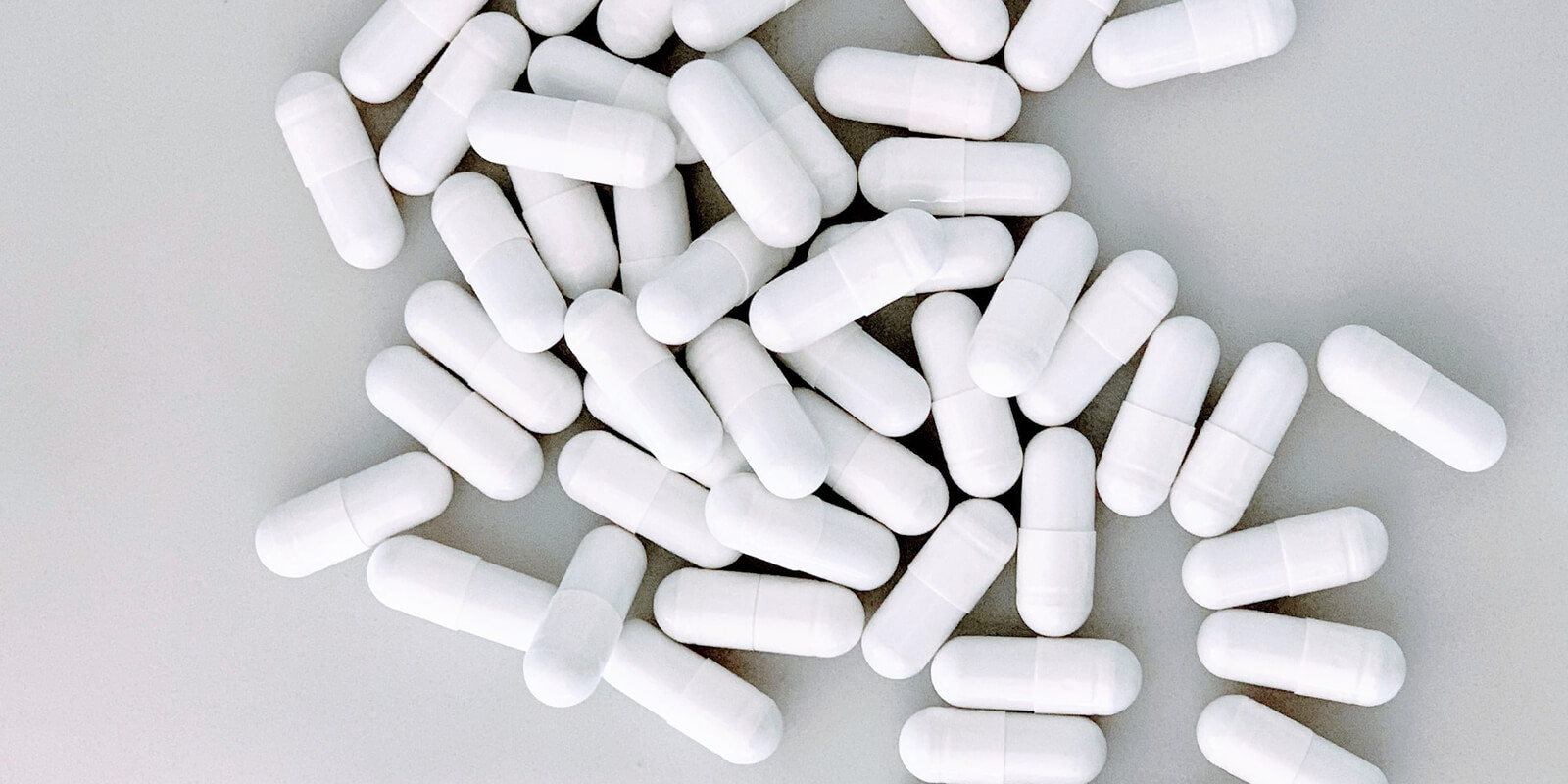
As women age, the quality of their eggs may decline. One way to potentially improve egg quality is by considering supplements like myo inositol. Inositol has been studied for its benefits in supporting ovarian function and improving egg quality. Discuss with your healthcare provider if inositol supplementation is suitable for you.
Suggested product: Myo & D-Chiro 40:1 Inositol
4. Reduce Stress:
Stress can negatively impact fertility by affecting hormone levels and disrupting ovulation. Take proactive steps to reduce stress in your life through practices like meditation, deep breathing exercises, regular physical activity, and engaging in activities that bring you joy and relaxation. Prioritizing self-care can positively influence your reproductive health.
5. Seek Medical Guidance:

If you have been trying to conceive for over a year without success and you are over 35 years old, it's important to consult with a doctor or fertility specialist. They can conduct a comprehensive evaluation, assess your fertility status, and provide guidance tailored to your specific circumstances. Seeking medical assistance early can optimize your chances of successful conception.
This article is the original creation of Femometer. All rights reserved by Femometer Inc. To reproduce, distribute, or reference the content, please reach out to us in advance to prevent any potential legal issues. Copyright © Femometer Inc.





